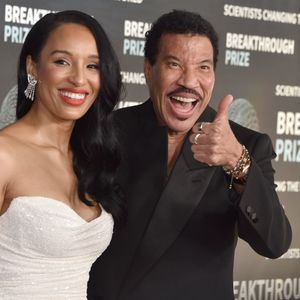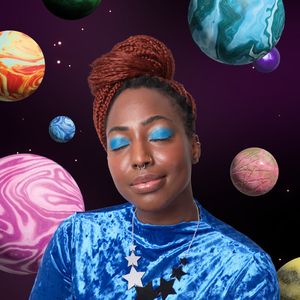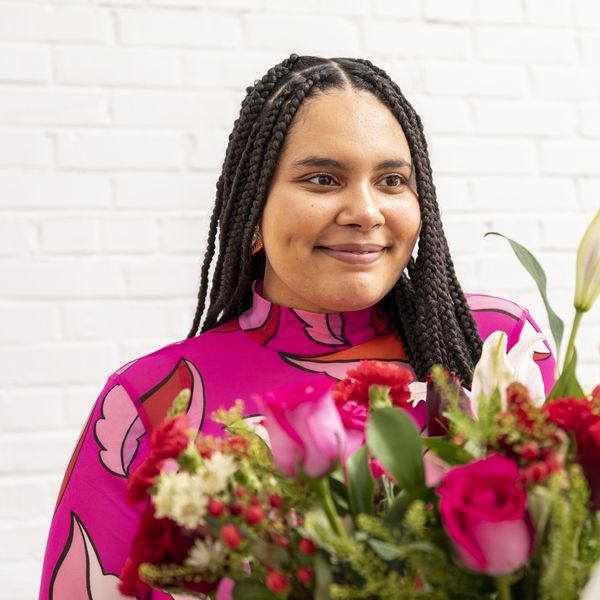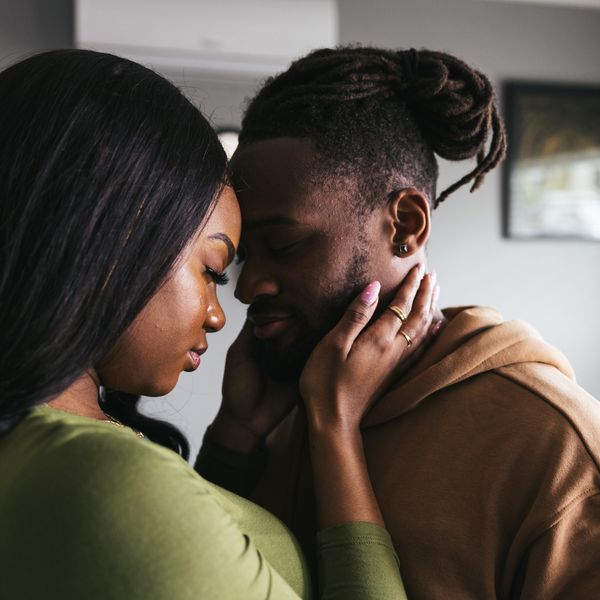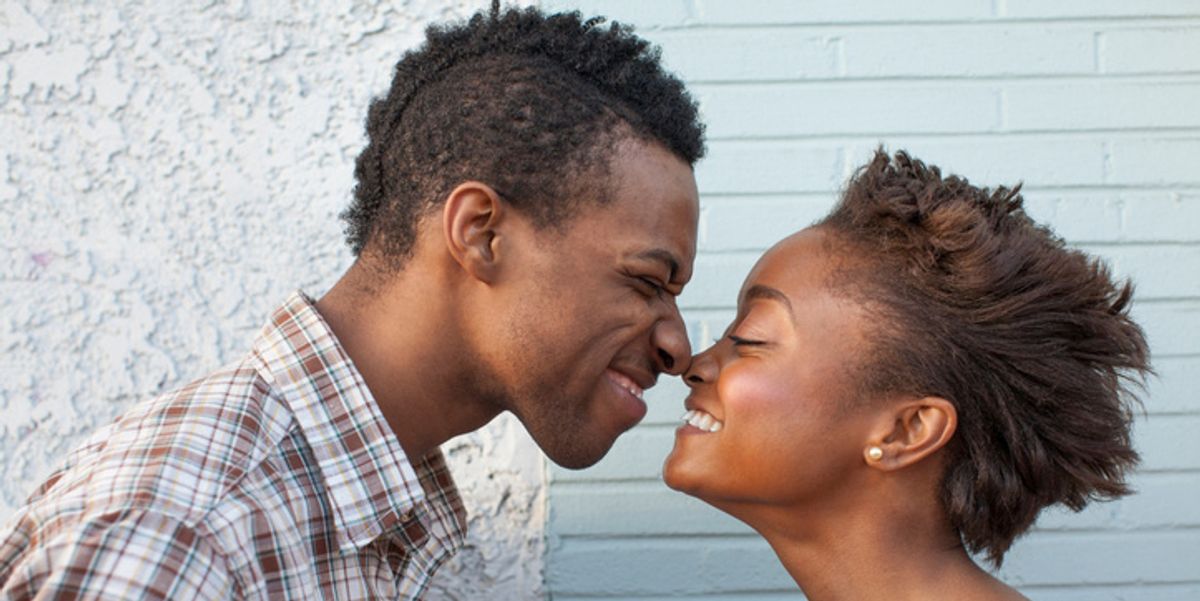
Relationship Goals: The Ten Commandments Of Courting
Shonda Brown White is a bestselling author, blogger, life coach, and brand strategist. When she's not jumping out of a plane or zip lining, she's living the married life with her husband in Atlanta, GA. Connect with her on social @ShondaBWhite and her empowering real talk on her blog.
ItGirl 100 Honors Black Women Who Create Culture & Put On For Their Cities
As they say, create the change you want to see in this world, besties. That’s why xoNecole linked up with Hyundai for the inaugural ItGirl 100 List, a celebration of 100 Genzennial women who aren’t afraid to pull up their own seats to the table. Across regions and industries, these women embody the essence of discovering self-value through purpose, honey! They're fierce, they’re ultra-creative, and we know they make their cities proud.
VIEW THE FULL ITGIRL 100 LIST HERE.
Don’t forget to also check out the ItGirl Directory, featuring 50 Black-woman-owned marketing and branding agencies, photographers and videographers, publicists, and more.
THE ITGIRL MEMO

I. An ItGirl puts on for her city and masters her self-worth through purpose.
II. An ItGirl celebrates all the things that make her unique.
III. An ItGirl empowers others to become the best versions of themselves.
IV. An ItGirl leads by example, inspiring others through her actions and integrity.
V. An ItGirl paves the way for authenticity and diversity in all aspects of life.
VI. An ItGirl uses the power of her voice to advocate for positive change in the world.
Let’s make things inbox official! Sign up for the xoNecole newsletter for daily love, wellness, career, and exclusive content delivered straight to your inbox.
Rihanna Talks Shedding Expectations And Finding Balance As A Mother
Since becoming a mother in 2022, Rihanna has defined parenthood by her terms and hopes to pass that sense of autonomy on to her children.
For Vogue China’s April cover story, Rihanna shared her perspective on raising her two sons with A$AP Rocky, and how she hopes to preserve her children’s uniqueness, devoid of societal expectations.
"The most beautiful thing...is that [children] come into the world with their own individuality and sincerity, without any logic or conformity,” she told the publication. “Which usually makes you feel that you must fit into a certain group."
The “Work” artist, known for her trendsetting style and captivating persona, expressed her desire to support children in fully embracing their individuality and encouraging them to be whoever they want to be. "It's really beautiful to see and I want to continue to help them navigate that and make sure that they know they can be whoever they want to be,” she says.
She continues, “They should embrace it completely, because it's beautiful, and it's unique. I love them just that way."
From shattering music charts to shaking up the beauty industry, Rihanna has forged a path that has since created the “dream” life we see today. One that she says has made her parents proud of.
“I’m living my dream,” she continued. “My parents were very proud of that because they just wanted me to be happy and successful. So, I think the key thing is to find some kind of balance. Yes, balance is important. Do this and you get the best of both worlds. You can write your own life the way you want, and it will be beautiful. Sometimes, you just need to let go of everyone’s expectations and start living your own story.”
Rihanna, who shares sons, RZA, 23 months, and Riot, 8 months, with rapper A$AP Rocky, recently shared her vision for expanding her family in the future in Interview Magazine.
When stylist Mel Ottenberg asked about the number of additional children she hoped to have, Rihanna replied, "As many as God wants me to have.”
"I don't know what God wants, but I would go for more than two. I would try for my girl,” she adds. “But of course, if it's another boy, it's another boy."
Featured image by Neil MockfordWireImage

